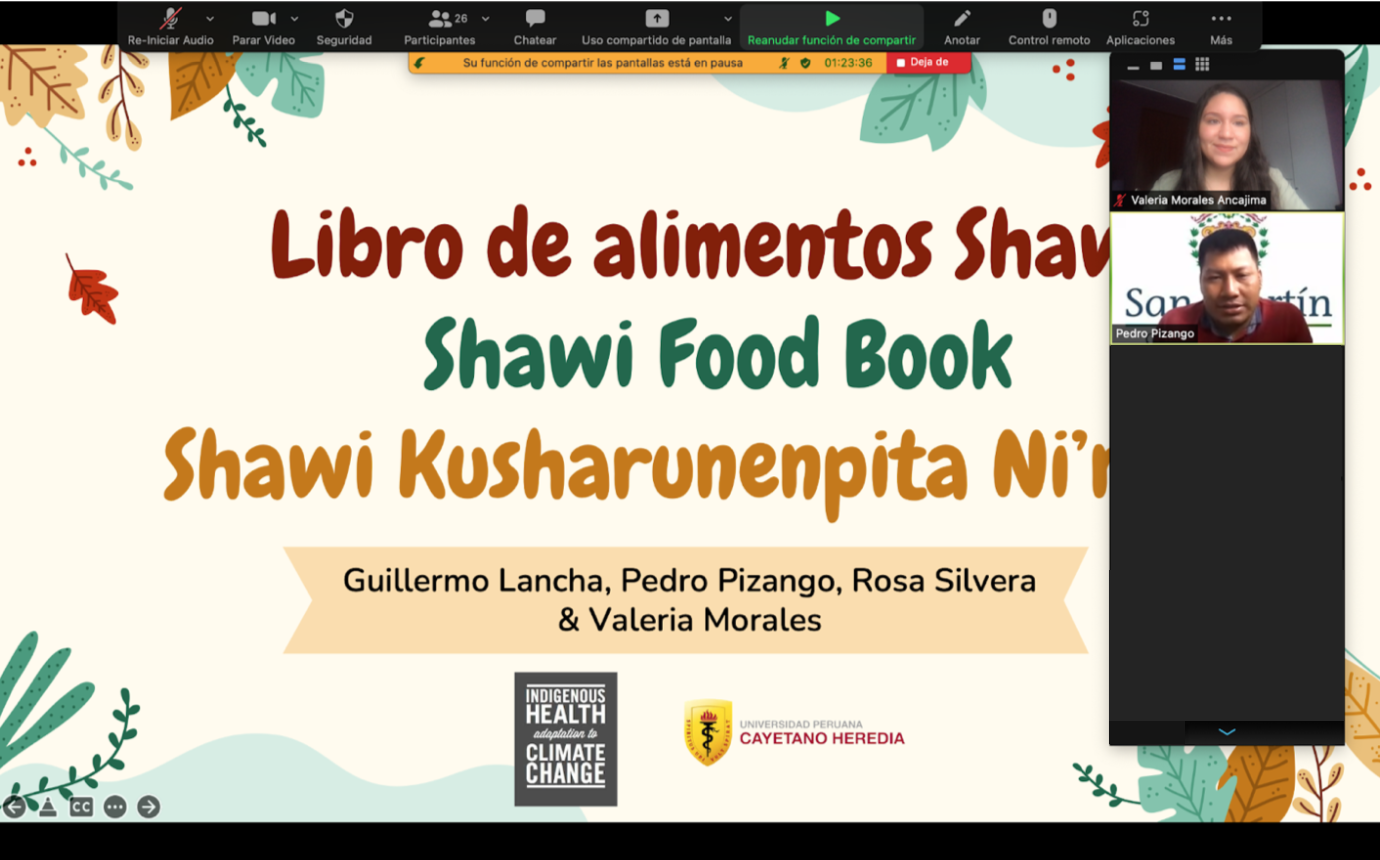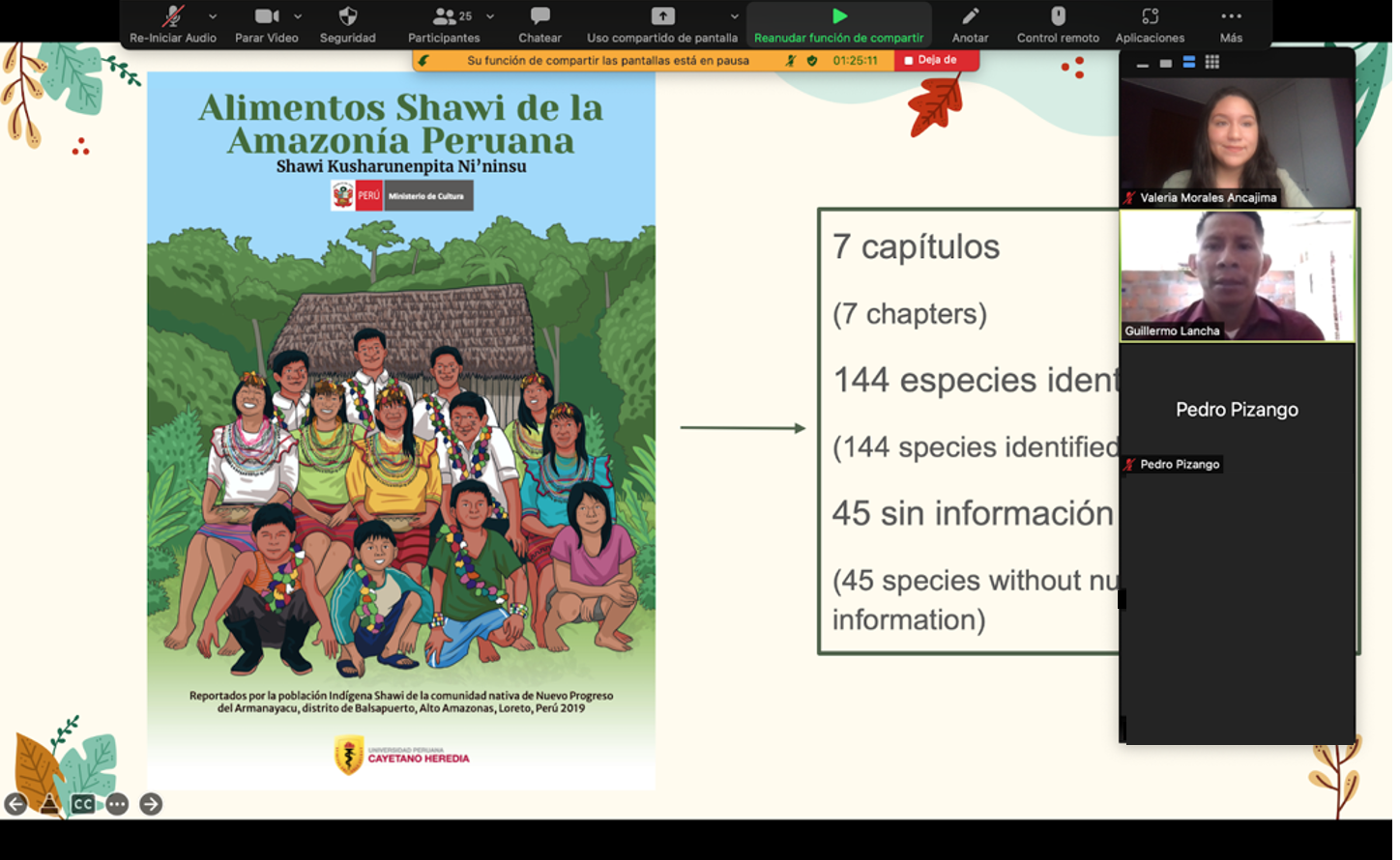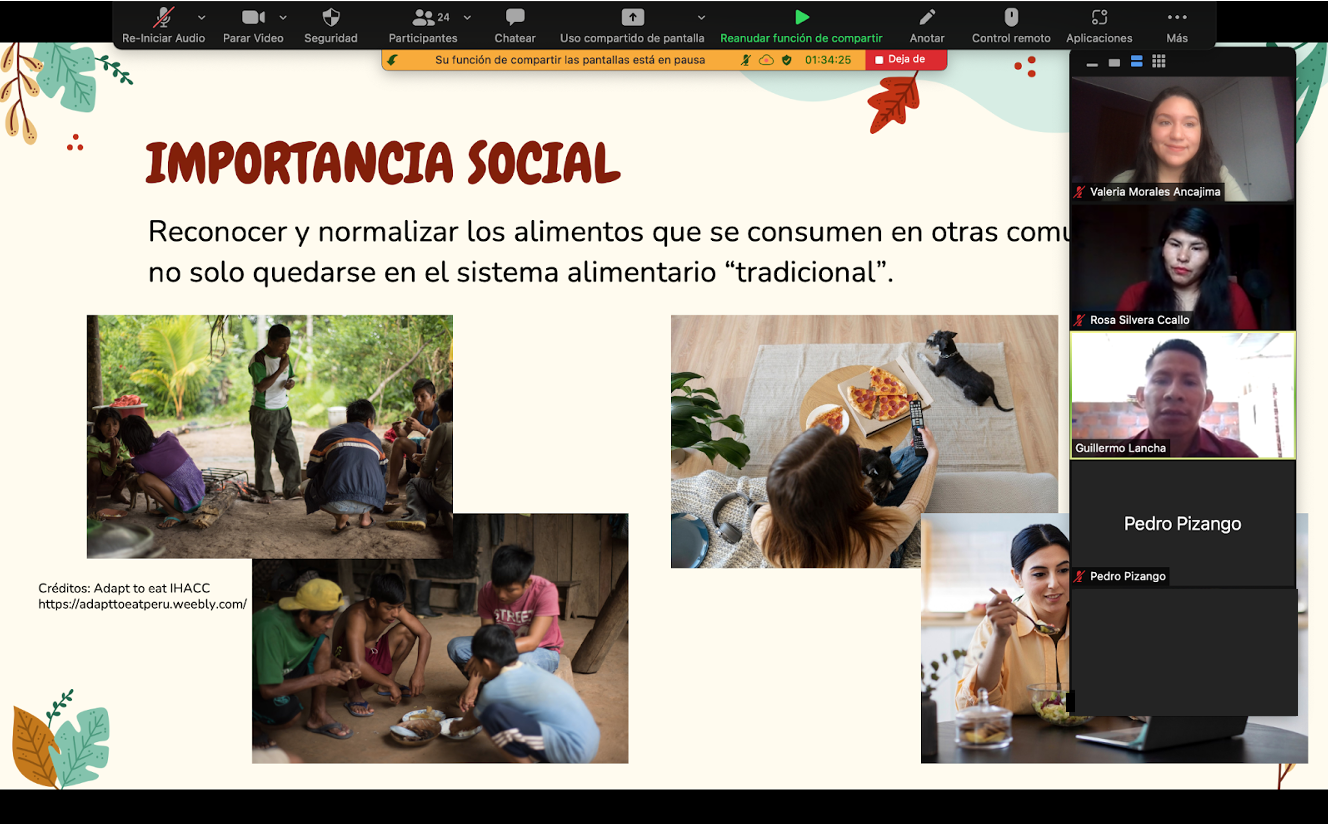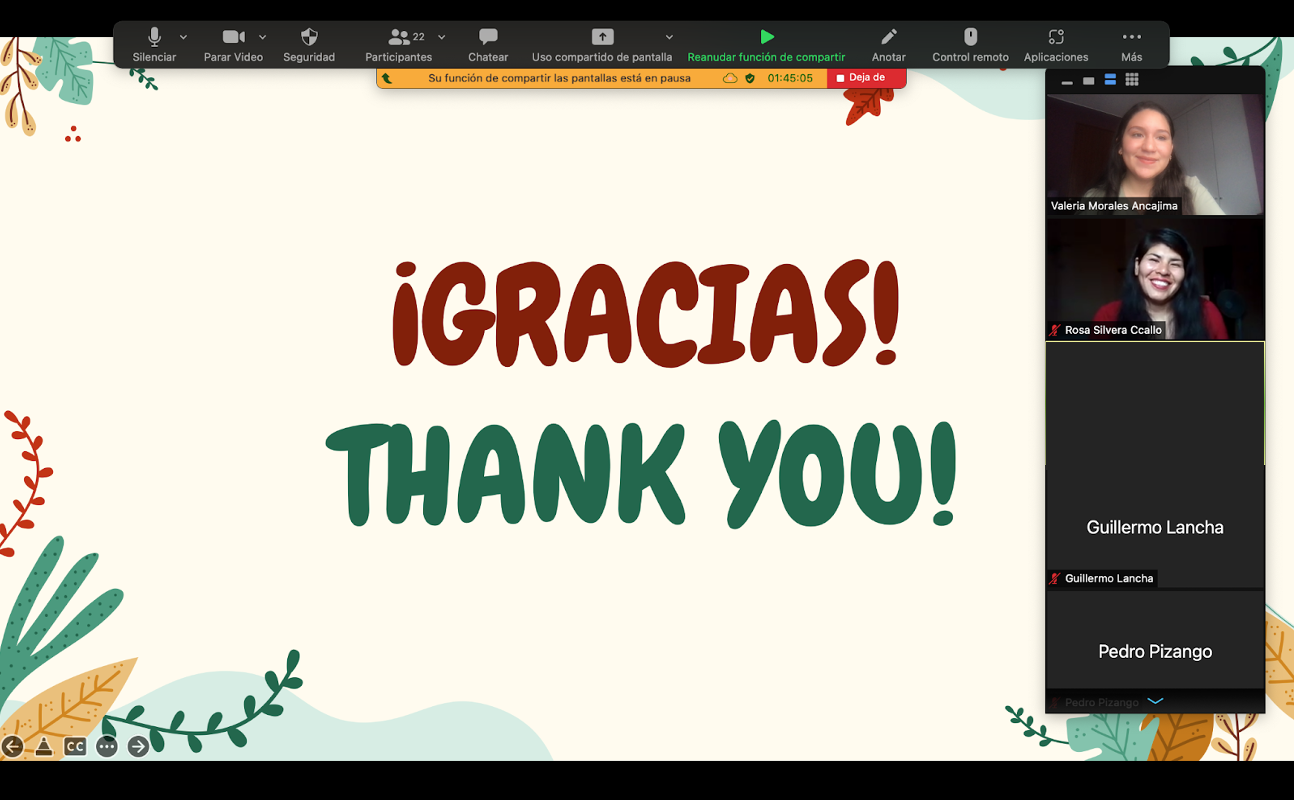Congratulations to IHACC investigators Vivienne Steele, Lea Berrang-Ford, Shuaib Lwasa, Didacus B. Namanya, and Sherilee Harper on their recent publication, “Antenatal care research in East Africa during the Millennium Development Goals initiative: A scoping review”, published in Maternal and Child Health. The primary objective of this scoping review was to summarize and critically explore research on antenatal care attendance among East African women, with a specific focus on barriers to accessing care during the Millennium Development Goals initiative. The results from this scoping review provide insights to inform actions that reduce maternal mortality and support reaching the maternal health targets outlined in the Sustainable Development Goals.
Access the abstract for this article online here.
Figure 1 from Steele et al., (2022) illustrates the geographic coverage of the 211 research articles included in the analysis.
CITATION
Steele, V., Patterson, K., Berrang-Ford, L., King, N., Kulkarni, M., Lwasa, S., ... & Harper, S. L. (2022). Antenatal Care Research in East Africa During the Millennium Development Goals Initiative: A Scoping Review. Maternal and Child Health Journal, 1-12.










